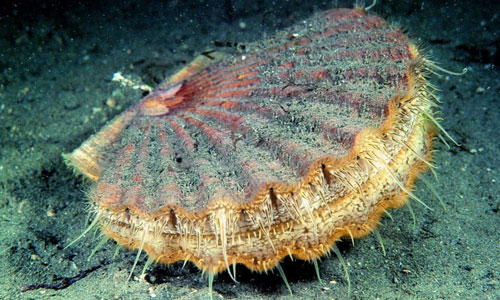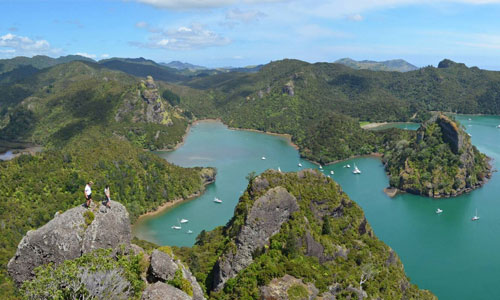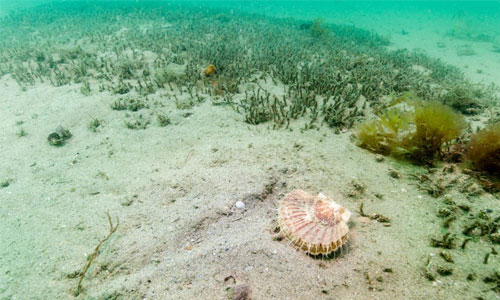Today, the Nelson Scallop Enhancement Program stands as a model of how innovative thinking, grounded in regulatory excellence and collaborative governance, can transform fisheries management for generations to come.
— New Zealand —
resilience. stewardship. innovation.










Strengthening Stewardship: Integrating Scallop Enhancement into New Zealand’s Quota Management System
"True fisheries sustainability is achieved when those who depend on the resource are also those who invest in its future."
— Shaan Stevens, Chief Legal Officer, GG International
Challenge
Nelson's scallop fishery, once a thriving sector of New Zealand’s marine economy, faced serious pressures from declining stocks, habitat degradation, and variable recruitment rates. While traditional management tools — such as harvest restrictions — provided short-term relief, they fell short of ensuring long-term recovery.
Recognizing the need for more sustainable, rights-based solutions, the Ministry of Fisheries engaged GG International, through Guinness Gallagher, to assess how stock enhancement initiatives could be aligned with New Zealand’s world-renowned Quota Management System (QMS). The core challenge was strategic: could the QMS framework, historically designed for wild harvests, be adapted to incentivize scallop quota owners to proactively invest in rebuilding stocks themselves?
Strategy
GG International's approach combined legal, regulatory, economic, and governance analysis. Our team conducted an extensive review of the Fisheries Act 1996 and relevant QMS policies to determine the legal scope for integrating enhancement activities. We consulted widely with quota owners, industry associations, and Ministry officials, gathering insights on operational challenges and investment barriers.
Economic modeling was undertaken to evaluate the financial viability of private investment in scallop enhancement under different ownership and benefit-sharing scenarios. International case studies were reviewed to identify governance models that successfully aligned collective action with individual quota entitlements.
Our strategy was clear: to design a framework that maintained the integrity of the QMS while unlocking the full potential of stock enhancement through industry self-management, innovation, and shared stewardship.
Transformation
The project delivered a compelling blueprint for integrating scallop enhancement into the QMS. Key recommendations included:
- Establishing formal enhancement project registrations, ensuring that seeded and restored stocks are recognized within the quota pool.
- Clarifying property rights over enhanced scallops to encourage private investment.
- Supporting the development of quota-owner cooperatives or trusts to manage enhancement efforts collectively.
- Embedding scientific monitoring as a condition of enhancement approvals to protect sustainability.
By demonstrating that enhancement activities can be economically viable, legally sound, and environmentally responsible under the QMS, GG International helped chart a path toward a resilient, self-sustaining scallop fishery in Nelson — and set a precedent for other coastal fisheries throughout New Zealand.